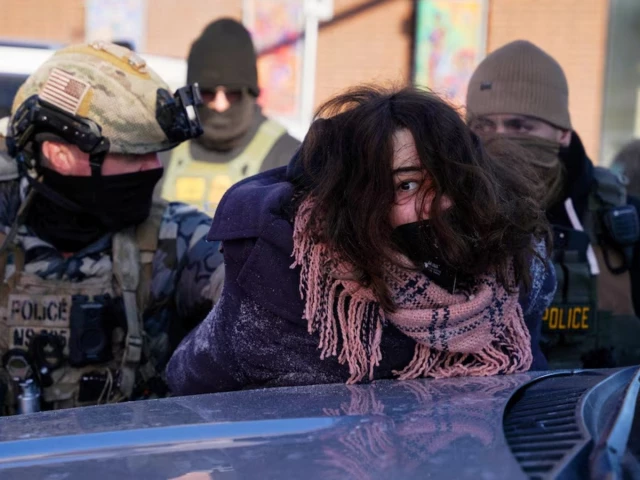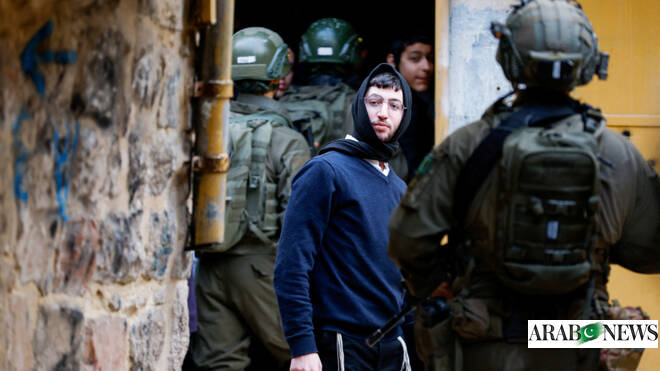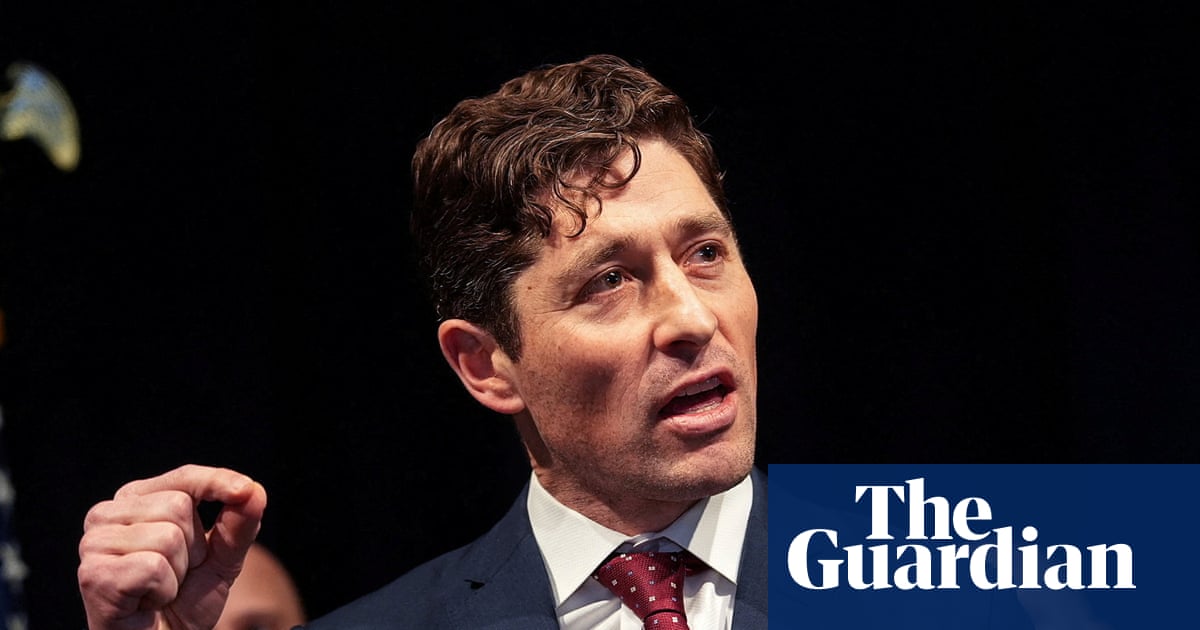US Homeland Security says Border Patrol agents fired in defence at a man who approached them with a handgun
A person is detained at the scene of a shooting involving federal immigration agents in Minneapolis, Minnesota, US, January 24, 2026….

US Homeland Security says Border Patrol agents fired in defence at a man who approached them with a handgun
A person is detained at the scene of a shooting involving federal immigration agents in Minneapolis, Minnesota, US, January 24, 2026….

JERUSALEM: Israel said Monday it would allow a “limited reopening” of the Rafah border crossing between Gaza and Egypt once it had recovered the remains of the last hostage in the Palestinian territory.
The…

Australian journalism is largely “invisible” in AI-generated news summaries from Microsoft Copilot, which overwhelmingly favour US or European media, research by the University of Sydney has found.
Roughly one-fifth of responses to Copilot…

SYDNEY – A 12-year-old boy bitten by a shark in Australia’s Sydney Harbour has died of his injuries, his family said on Saturday. Nico Antic’s parents said their son died of the injuries suffered when a large shark attacked him last week…
The January 18, truce between the new Syrian government under the former Jabhat al Nusra outfit leader Abu Mohammad al Sheraa Al-Jolani (the one who belongs to the occupied Golan Heights region) and the Syrian Democratic Forces or Kurd units from…

The following text is a statement given by Minneapolis mayor Jacob Frey at a press conference in the wake of the fatal shooting of a local citizen by federal law enforcement on Saturday.
I just saw a video of more than six masked agents pummeling…